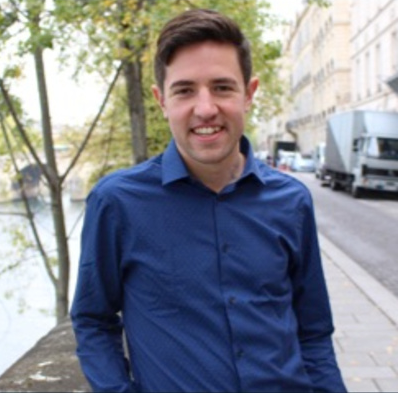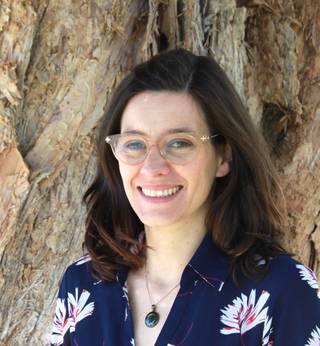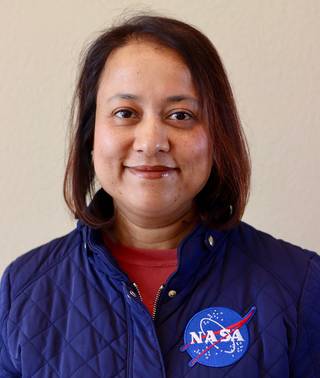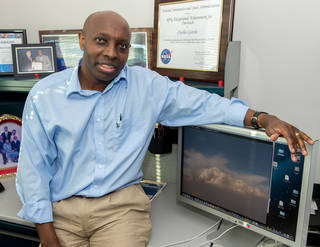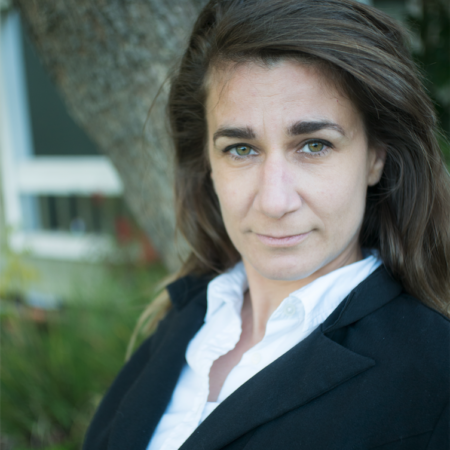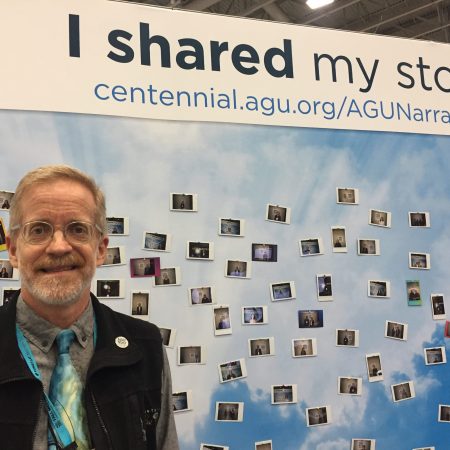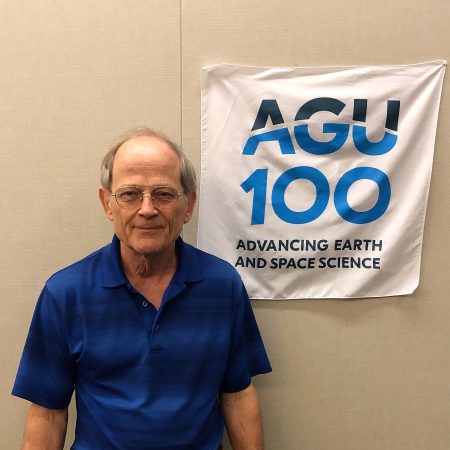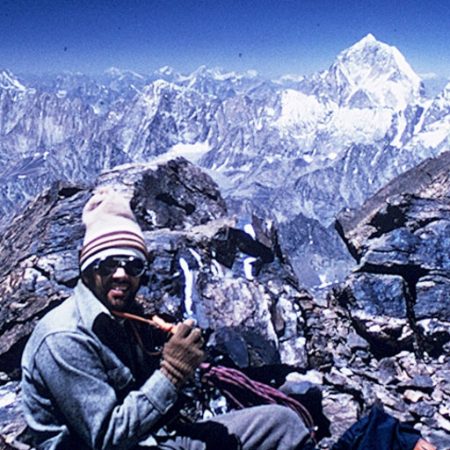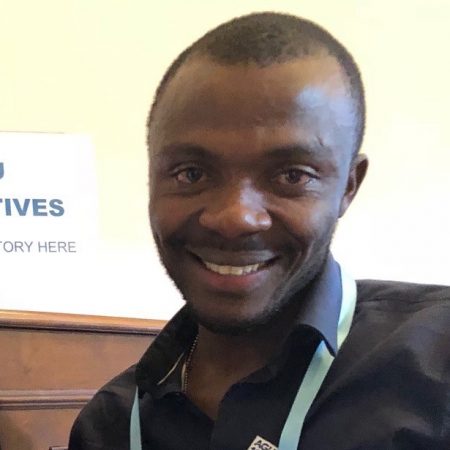Refine
Date Range Clear
Recorded by Clear
Keywords Clear
Partnerships Clear
- No matching terms.
Organizations Clear
- BAERI 15
- NASA Ames 12
- Bay Area Environmental Research Institute 4
- American Geophysical Union 3
- NASA 3
- 9 more
Places Clear
Languages Clear
Initiatives Clear
- No matching terms.
Steve Montzka has been at NOAA for 28 years, working on atmospheric science, atmosphere chemistry, and trace gases in the atmosphere. He started there as a post-doc, drawn by the work he saw NOAA scientists doing on the hole in...
Aaron Piña is the National Program Lead for Atmospheric Sciences and Fire Weather Research at the United States Forest Service where he runs a research program that helps transition knowledge into the hands of decision makers around the world. Initially...
Alicia Hoffman is a graduate student at the University of Wisconsin - Madison. She is studying air quality and how to model the chemistry that impacts our air, using the Community Multi-scale Air Quality Model — developed by the Environmental...
Stephanie Marie Ortiz Rosario is an undergraduate student and Physics major from the University of Puerto Rico-Mayagüez. Over the summer, Stephanie will be participating at SaSa, the Student Airborne Science Activation, summer program. SaSa is hosting 25 early-career undergraduates (first-...
David Moore is a first-year graduate student at UCLA. He is studying tropical cyclones, also known as typhoons or hurricanes, on Earth. In his graduate research work, David is researching how to bridge the gap between planetary atmospheres and meteorology...
Kennedi White is one of 25 students starting in the new Student Airborne Science Activation (SaSa) program at the NASA Ames Research Center. Students at SaSa are undergraduates from minority-serving institutions, competitively selected across the United States. Over the course...
As a mission scientist Dr. Yasaman Shirazi sends rodent research experiments to the space station. In her role she noticed how much of a gap there was when working with engineers and scientists. Engineers thought scientists make everything difficult. Scientists...
At 5 years old Liz Pane knew she had to go to space camp. As the years went on she continued to develop her passion through education and internships and finally landed at NASA Ames. Liz is a scientist, engineer,...
In this interview, Senior Engineer Alok Shrestha discusses his career path as both engineer and scientist, now working for the Airborne Science Facility at NASA Ames. He also discussed how his background helped aid the 2015 earthquake recovery in Nepal,...
Dr. Laura Iraci is a research scientist in the Earth Sciences Division at NASA Ames, where she leads a group focusing on air and where human pollution goes. In this interview, we discuss her early interest in high school chemistry...
NASA Atmospheric Scientist Dr. Caroline Dang analyzes particles in the atmosphere and compares them with particles collected from flight observations to better understand aerosols in Earth's atmosphere and how they interact with clouds and radiation.
Michael Hesse is the Director of Science at NASA’s Ames Research Center, focusing on space biological science. We talked to him about being a good leader, doing science all over the world, and the joys of racing cars.
Dr. Rama Nemani, Senior Earth Scientist at the NASA Ames Research Center, works on ecological forecasting. In this interview, we discuss how Rama’s career trajectory moved from farming to supercomputing, NASA Earth Exchange (NEX), the difference between simulation modeling and...
Dr. Diana Gentry, a research scientist at NASA Ames Research Center, studies aerobiology (microbes in clouds), biodiversity, biomaterials, and biological systems. Diana describes herself as at the nexus of both science and engineering where she speaks both languages and translates...
Dr. Matthew Johnson's research is in atmospheric chemistry, a branch of atmospheric science, which looks at the composition and chemistry of Earth's atmosphere, such as aerosols and trace gas emissions, and how particles may impact human health. Dr. Johnson's research...
Dr. Dan Whitt studies currents and the circulation of nutrients in ocean ecosystems. Dan describes his Ph.D. research on internal waves ‒ oscillations found where the ocean is stratified by density ‒ and compares this effect to an expertly-poured Arnold...
Dr. Ella Sciamma-O’Brien is a research scientist in laboratory astrophysics and planetary science. As a member of the Astrophysics and Astrochemistry Laboratory at NASA Ames Research Center, Dr. Sciamma-O’Brien has been working on the Titan Haze Simulation (THS) experiment, developed on the...
Dr. Naseem Rangwala is an astrophysicist and project scientist for the SOFIA mission. SOFIA, or the Stratospheric Observatory for Infrared Astronomy, is a modified Boeing 747 airplane carrying a large telescope. SOFIA observes the universe through long infrared wavelengths. As...
Dr. Charles Gatebe's research focus is on clouds aerosols, ecosystem structure and function, albedo, and feedbacks to climate. In this interview, we chat about his science journey pursuing science, starting with his interest in studying Kenya’s air pollution, and how...
In this interview, Dr. Meloe S. Kacenelenbogen discusses her expertise in ‘aerosols,’ suspended particles in the atmosphere. These small particulates can affect air quality and human health and can also impact the Earth’s radiation balance. We also discuss why she...
Steve Montzka has been at NOAA for 28 years, working on atmospheric science, atmosphere chemistry, and trace gases in the atmosphere. He started there as a post-doc, drawn by the work he saw NOAA scientists doing on the hole in...
Bruce Wielicki, a NASA Langley climate scientist, discusses his collaboration with economists to help non-scientists understand how climate change will hit them in the wallet, and how they could reduce that risk with modest investments in improved climate science. He...
Distinguished Professor of Environmental Science & Management at UC Santa Barbara speaks with Ph.D. candidate in the Hydrogeology program at the University of Nevada, Reno.
We won’t say how long Susan Lozier has been shaping young minds at Duke University (she may let it slip), but she talks about amazing changes that have happened during her tenure. She grew up wondering how rivers get polluted,...
Atanas Dommo shares his experiences as a Ph.D. student from Cameroon Africa. He discusses how his desire to learn more inspired him to pursue a career in the sciences. His speaks of his passion and motivation for understanding our changing...
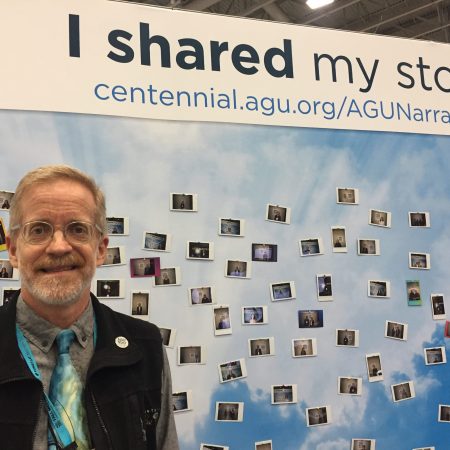
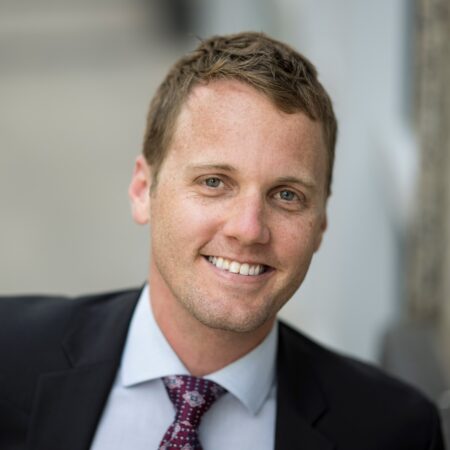
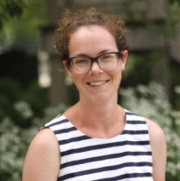
!["When I was a child I always loved nature -- I [knew] I wanted to become a scientist." A conversation with Stephanie Marie Ortiz Rosario.](https://archive.storycorps.org/uploads/2022/06/62abe55c5223e__ortizrosario_stephaniemarie_professionalpicture_-_stephanie_m_ortiz-rosario-450x450.jpg)
![“How far you go [in your science career] depends on how big your curiosity is." A conversation with David Moore.](https://archive.storycorps.org/uploads/2022/06/62a95661e5c99__david-moore-450x450.jpeg)
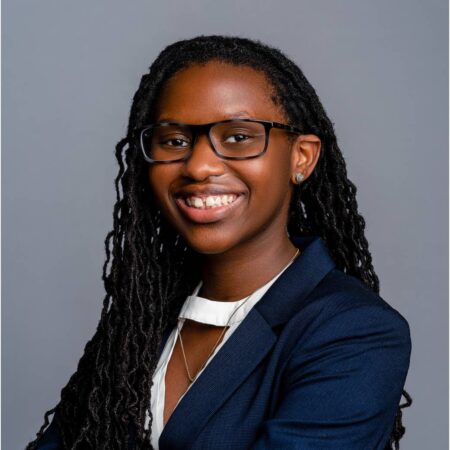
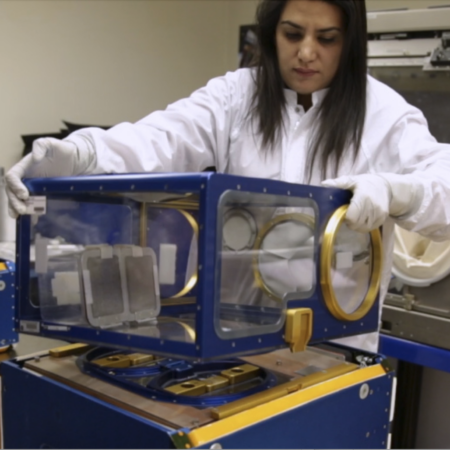
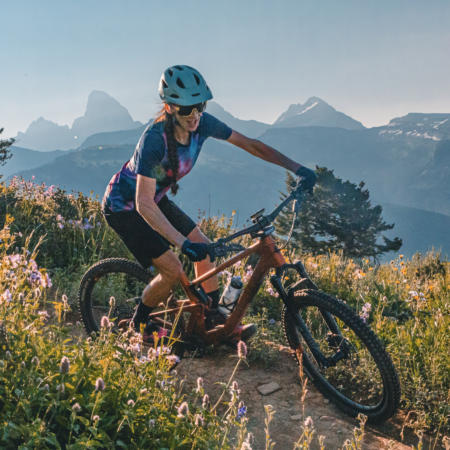
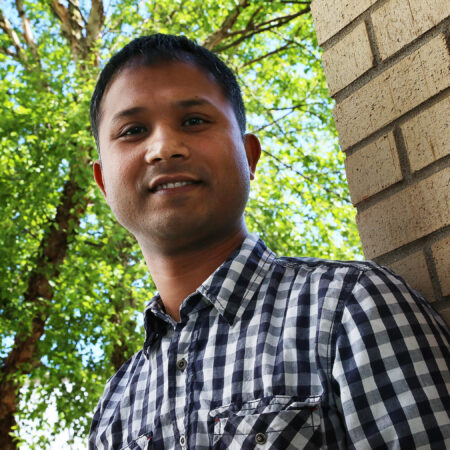
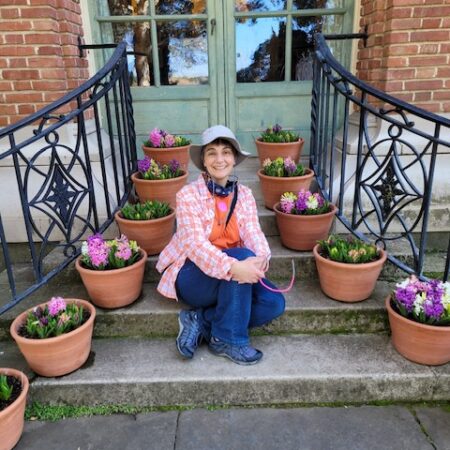
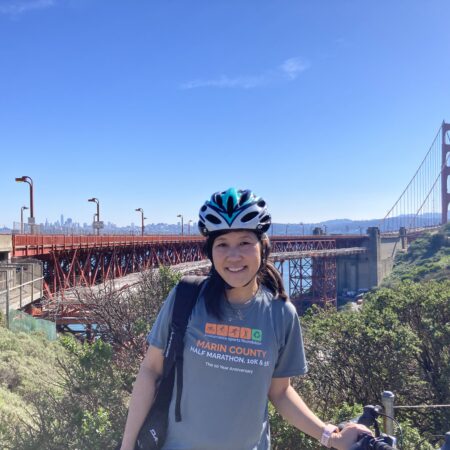
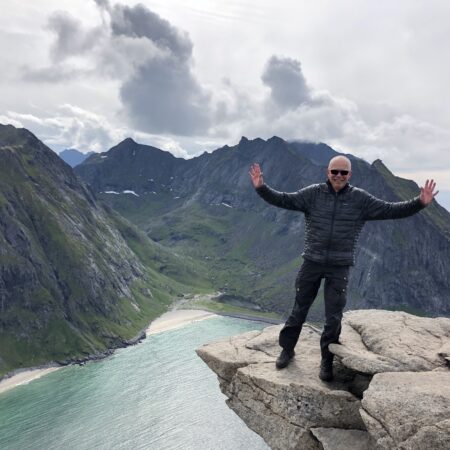
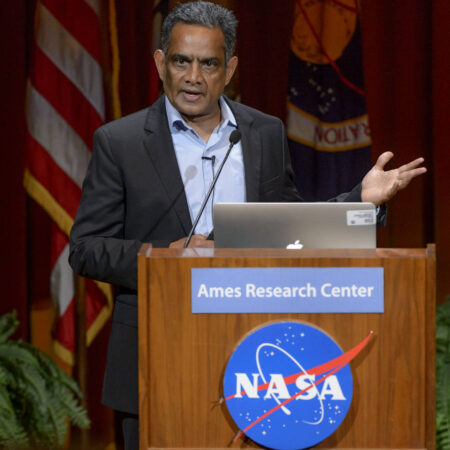

!["If you really enjoy it [science], all the work will be worth it." An interview with Matthew Johnson.](https://archive.storycorps.org/uploads/2021/02/6038002972612__M.Johnson_ceremony_pic_2020.11.11_submit_PROFILE-450x450.jpg)
